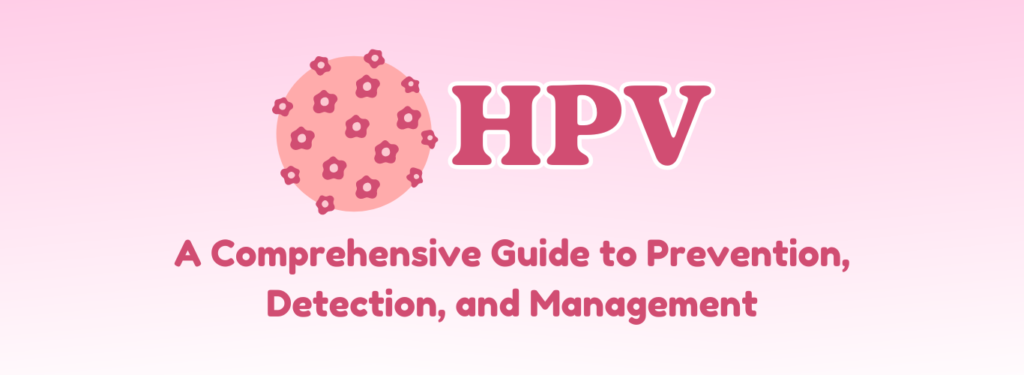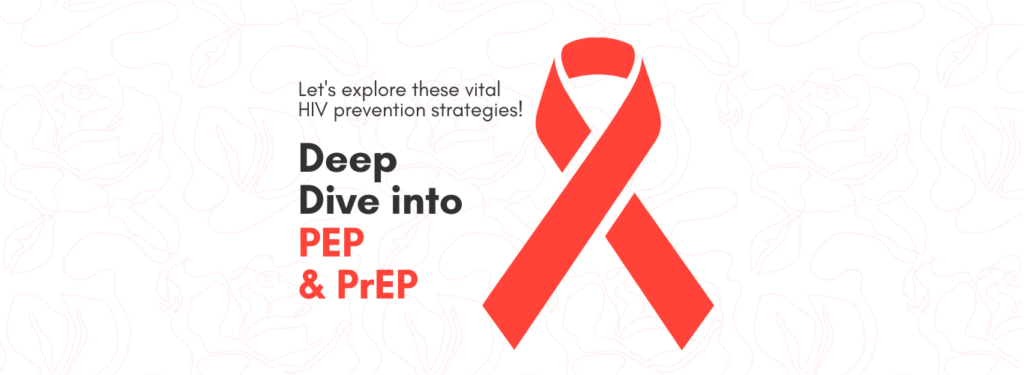Meet QueerLips
A non-binary character and your go-to digital buddy for all the essential deets on LGBTQ+ sexual and reproductive health and happiness. Do you have a burning question or need the lowdown on something super specific?
Recent questions answered by QueerLips
Is it still recommended to take PrEP when my partner is undetectable for long?
If the partner with HIV has undetectable viral load in two tests taken 6 months apart (recent reports), then there is zero risk of transmission of HIV through sexual route which is termed U=U (undetectable = untransmittable) - which means if a person is on ART medications regularly and their recent viral loads are undetectable even after a gap of 6 months - then there is no chance of transmission of HIV provided they continue to take ART medications for their infection. The negative partner thus need not be on PrEP in such situation for prevention of HIV through sexual route (same U=U doesn't hold good for other routes of transmission - blood, injectables). But one is always advised to consider protection for other STIs. Depsite this information, couples might take some time to process this reality and may choose to be on PrEP till they feel comfortable and reassured that there is no risk of transmission. Especially when they are planning for pregnancy. Which is also a valid option.
Is event-based PrEP equally effective to daily PrEP?
The recommendations of event based PrEP and daily PrEP depends on several factors as described in the article - please refer to it - like frequency of being sexually active, type of sexual activity, gender identity etc. And so efficacy depends on these factors as well. In general daily PrEP has evidence of slightly higher risk reduction than event based PrEP. But discussing your personal needs with a provider and choosing what's best with all these considerations becomes important.
How should we start as a trans person ftm as a beginner? What are the process? Is using the binder is the only option until we do top surgery?
Starting your FTM transition is a big step, and I'm here to help you navigate it! The process often begins with social transition, like using new pronouns and a name that feels right for you. Medical steps can include hormone therapy and, if you choose, surgeries like top surgery. Using a binder is one option for many to help affirm gender identity before or instead of surgery, but it's not the only one. Plus, we've curated an article and two guidebooks on the transition journey that you can check out at our Resource Centre (add link of Resource Centre here filter - Gender Affirming Care) for more detailed guidance. Always consider what feels best for you and consult healthcare professionals to explore all possibilities. Stay informed and true to yourself!
FAQs



